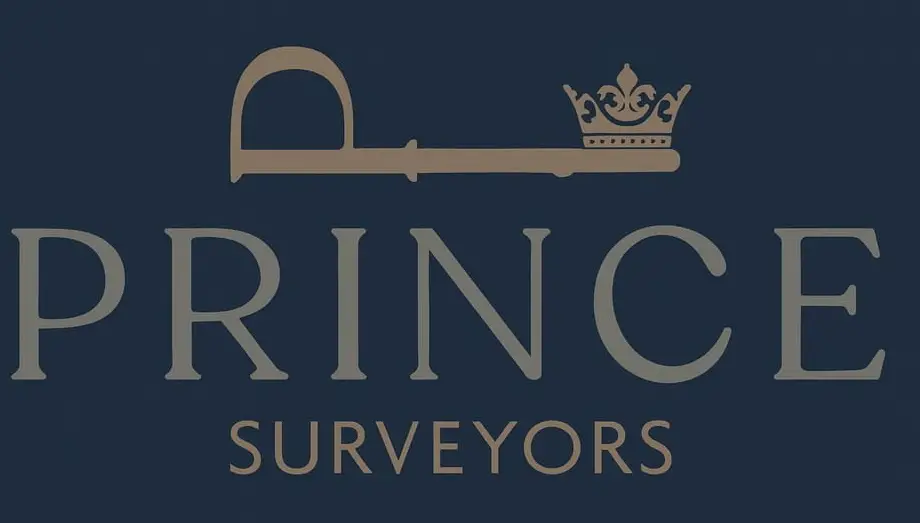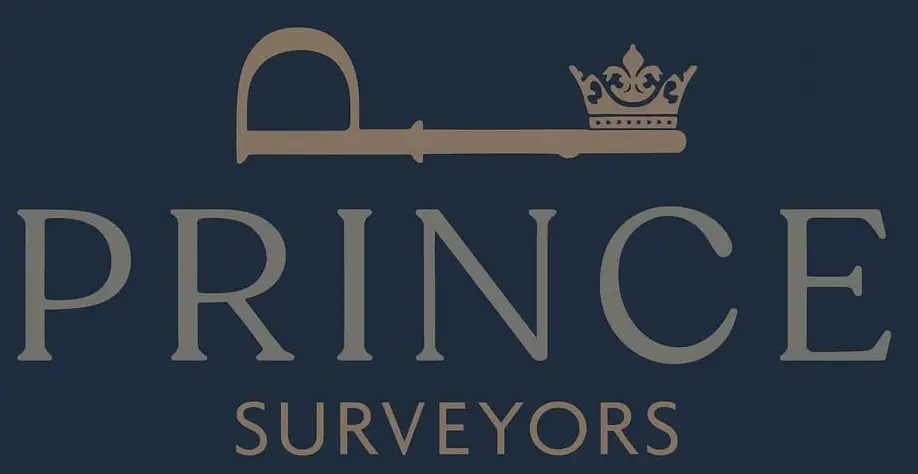Most people will only buy a property a couple of times in their lives. Because of this, the process can be unfamiliar and seem intimidating or confusing at the start. The same can be said for employing the services of a Chartered Surveyor. Often, interested parties will request a quote, and then not know what else to ask.
Because of this, it can be difficult to understand the situation and make an informed choice.
So, let’s take a look at some good questions to ask your Surveyor.
Are They Qualified and Do They Have Professional Liability Insurance?
Before you secure the services of a Surveyor, you’ll want to verify that they are well qualified and that they have liability insurance so you are covered should any problems arise.
Choose a surveyor that has good local knowledge, so they’ll be aware of any issues affecting the area, and be sure it is one that is independent of your estate agent. It’s important to ensure that your survey is completely independent of the selling process.
I’ve Booked a Survey, What Should I Do Next?
You and your surveyor will need to work together to find out what you need to know within the parameters of the survey type you have requested. Once the surveyor is appointed, you should notify your Estate Agent or Vendor and give them the name of the Surveyor/Company you’re using. Let them know that the Surveyor will be in touch to arrange access and that you expect the Surveyor to be able to do their job without restriction or interference. Tell them that you want your Surveyor to be given assistance in any regard required to complete their work.
For example, tell them to ensure doors and windows are unlocked, access is available to the garage, roof space, etc.
The Surveyor will make direct contact with the agent/vendor to confirm appointment dates that fit into their own business schedule. You should receive your report within 3 working days for an RICS Homebuyer Report (level 2), or within 7 days for an RICS Building Survey Report (level 3).
Once you receive the report, read all sections and discuss any points as needed with your Surveyor.
If you are unsure of something, always ask. If you spot a typing error or other errors, highlight that to the surveyor to correct or explain. A copy should be forwarded to your legal adviser and you should highlight to them any areas of concern, asking them to read the report and section in question.
Are There Any Reasons Why You Shouldn’t Buy the Property?
Once the survey has been completed, the most important question you want to ask, is there any reason why you shouldn’t buy the property? Are there causes for concern that are serious enough that you should walk away from the purchase?
This is where house surveying is crucial – it can save you time, trouble, stress and ultimately prevent you from making a bad investment.
Is the Property Worth the Purchase Price?
If you make it past that last question, the next thing you want to ask for is confirmation that the property is worth the offer you’ve made. A survey is essential in helping you to negotiate a better price if any significant work comes to light.
You don’t want to be paying over the odds for the property, and you want to have sufficient funds available to do any work required. You can learn more about how to negotiate a house price down here.
Is There Any Reason Why You Wouldn’t Get a Mortgage on the Property?
Your purchase may well be dependent on securing finance, so one critical question to ask is whether there is any reason you may have difficulty securing a mortgage on the property.
Some non-standard building techniques can make it more difficult to secure finance – for example, if the property is timber-framed, has a thatched roof, is a prefab house, or is built as a log cabin. An objection to lending may also relate to the history of the property – for example, if there is no record of money ever having been lent on the property before, such as when a house has been in the ownership of a single-family for several generations. Also, it could relate to information that the prospective lender has, that you do not, so always ask why if you are declined for finance on a particular property.
Are There Any Local Issues Affecting the House, Road, or the Local Area?
Another important question to ask your surveyor – if there are there any issues, like flooding or heave for example, that could potentially affect your prospective home, the row of buildings in which it sits, the road, or the local vicinity.
This is where engaging the services of an experienced surveyor who knows the area is advised. They are likely to be aware of any local issues, plans for investment, or developments in the neighbourhood of your new home.
Final Word
So, there you have a few questions to ask your surveyor in the lead-up to your purchase.
Buying a property is a major event in your life, and we’re happy to spend time answering questions, explaining the different types of building survey reports available and helping buyers to feel reassured throughout the process.
If you have more questions about dealing with building surveyors you’d like to ask us, alternatively please contact us anytime and we will help organise initial FREE expert advice for you.

